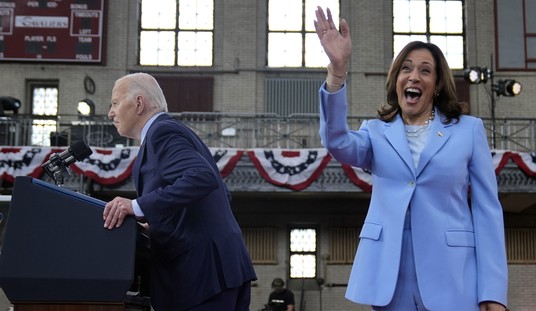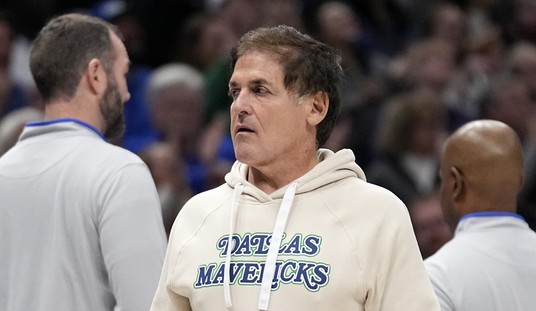Glenn today points to this New York Times article: Big Banks Easing Terms on Loans Deemed as Risks
I’ll admit it, I love saying “I told you so.” Back in 2009, in fact, I wrote this:
[T]he value of homes in general has dropped by something like 15-20 percent, and in some really hot areas like Las Vegas it’s dropped 35-40 percent. Those assets have two owners: the banks that hold the mortgages and the people who pay the mortgages. I don’t care how you deal with it, but the fact is that what used to be a value of X is now something around 0.6X in those places. What’s more, if a bank forecloses, it usually costs about half the total to get rid of the house, so the houses, net, are worth about 0.3X to the banks.
Thus, it’s better for the bank to write down the loans to keep them active than have walkaways. Make a new mortgage that writes off the loss in value and, believe it or not, both sides of the mortgage take a hit: the bank writes down the asset, the customer loses their equity such as it is and loses on the other end, because the house won’t be worth as much when the mortgage is paid off.
So, one way or the other, the value will get written down.
The Times, however, is maddeningly obtuse about the situation, saying:
Ms. Giosmas bought her two-bedroom, two-bath apartment north of downtown Miami for $359,000 in early 2006, according to real estate records. She made a large down payment, but because each month she paid less than was necessary to pay off the loan, her debt swelled to about $300,000.
Meanwhile, the value of the apartment nosedived. By the time Ms. Giosmas got the letter from Chase [cutting her principal to $150,000], the condominium was worth less than half what she paid. “I would not have defaulted,” she said. “But they don’t know that.”
The letter … said Chase was cutting her principal by $150,000 while raising her interest rate to about 5 percent. Her payments would stay roughly the same.
The point they’re missing is that this was a loan Chase acquired through one of the failing banks it took over. The folks at the Times are immensely puzzled by the whole thing, but the fact is that the asset, no matter what it said on the books, was only worth $170,000 (the price for which she sold it a little later.) If she had walked on the loan, the bank would have been lucky to eventually realize $50,000. But what really must have gotten their attention is that court have been increasingly unwilling to go through on foreclosures, especially if it’s unclear who held the note. Some properties have simply been turned over to the possessors because the court just couldn’t figure out who held title to foreclose — and some banks have now been fined pretty heavily for trying to foreclose with bad documents. Then the bank gets nothing.
You can bet that when the loan modification was processed, part of the contract said that the possessor acknowledged the mortgage with Chase, clarifying the whole noteholder question.
The outcome was just what you expect from a negotiation: both sides lost a little.








Join the conversation as a VIP Member